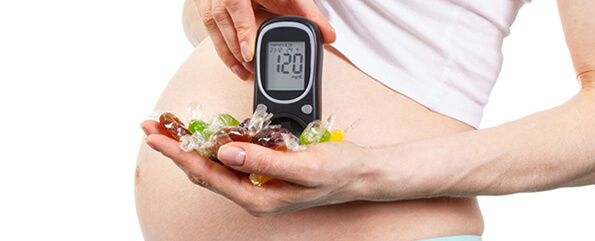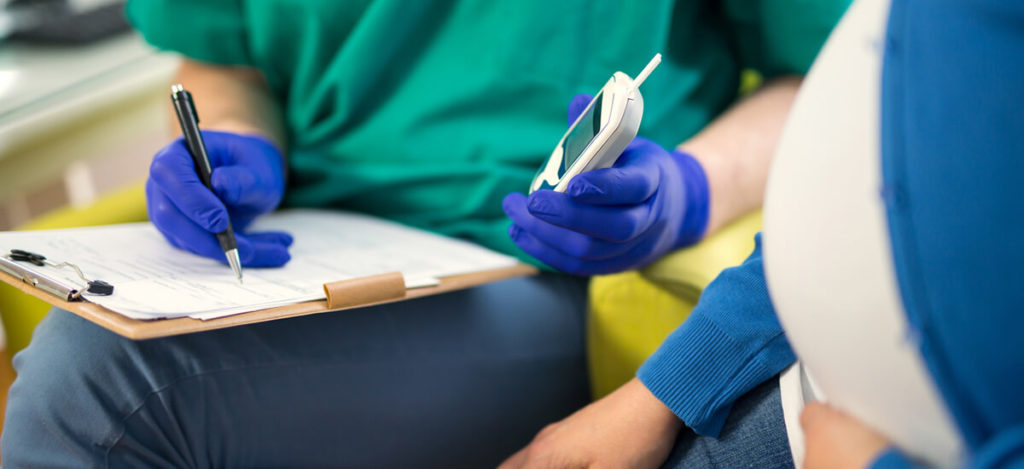Patients with Cushing’s disease have hormone producing tumours in their pituitary gland. Often these tumours are so small they cannot be detected by magnetic resonance imaging (MRI). The inferior petrosal sinuses are small veins that drain the blood from the pituitary gland. By taking a small sample of blood from these sinuses, doctors can differentiate a small tumour in the pituitary gland from other tumours in the body producing the hormone. Patients with Cushing’s disease have high levels of the hormone ACTH in the petrosal sinuses. Patients with other causes of Cushing’s syndrome do not have increased levels of ACTH in the petrosal sinuses.
Official Title
Internal Jugular Vein Sampling for ACTH Levels for the Differential Diagnosis of Cushing Syndrome.
Conditions
- Cushing’s Syndrome
Study Type
Observational
Study Design
Further Details
Sampling from the inferior petrosal sinuses for ACTH levels differentiates Cushing’s disease from the ectopic ACTH syndrome in nearly all patients. Patients with corticotroph tumours have a petrosal-to-peripheral ACTH gradient of 2 or more, while patients with other causes of Cushing’s syndrome have lower gradients. Bilateral petrosal sinus sampling also often provides useful information on lateralisation of the adenoma for the neurosurgeon.
The widespread application of inferior petrosal sinus sampling has been limited by concerns about potential complications and by technical failures in the hands of less experienced radiologists. In this protocol, we compare ACTH levels in the internal jugular veins before and after CRH stimulation with those obtained by conventional inferior petrosal sinus sampling from patients with Cushing’s syndrome. Obtaining blood from the jugular veins is a simple, practically risk-free procedure that could be accomplished easily in community hospitals on an outpatient basis. We hypothesise that corticotropin-releasing hormone (CRH) stimulation will increase ACTH production from corticotroph adenomas so that the diagnostic information from jugular venous sampling would be equivalent to that obtained by catheterisation of the petrosal sinuses.
Study Start
April 1995
Eligibility & Criteria
- Ages Eligible for Study: 18 years to 75 years
- Genders Eligible for Study: Both
- Accepts Healthy Volunteers: No
Inclusion Criteria:
- Age 18-75 years.
- Evidence of Cushing’s syndrome.
- Evidence to suggest overactivity of the hypothalamic-pituitary-adrenal axis, such as increased urinary excretion of glucocorticoids or lack of suppressibility with low doses of dexamethasone in conjunction with clinical features, will be sought prior to admission.
Exclusion Criteria:
Patients will be excluded from entry to the protocol if:
- A clear-cut pituitary tumour is present on T1-weighted conventional pituitary MR scan.
- There is any contraindication to catheterisation. Patients with known reaction to contrast material will be excluded from this elective study if they have a strong history of previous contrast media reaction and cannot be studied safely by giving medical prophylaxis before the procedure.
- The patient is pregnant.
- Combined blood withdrawal during the six weeks preceding the study exceeds 450 ml, or if haematocrit at entry is less than 33%.
- Because of the increased risk of morbidity caused by contrast dyes in patients with a renal dysfunction, patiens with a creatinine greater than 1.3 mg/dl will be excluded.
- Patients with a diastolic blood pressure persistently greater than 100 mm Hg (with or without medication) will be excluded from sampling procedures.
- They have had radiation exposure during the previous year that represents a significant additive risk in combination with the expected doses in this protocol. Patients and their doctors will be questioned about their exposure to radiation before they are accepted into the protocol.
- For the questionnaire only, patients who do not speak and read English will be excluded. This instrument has not been validated in non-English speakers.
Total Enrolment
100
Contact Details
Location:
National Institutes of Health Clinical Center
9000 Rockville Pike
Bethesda, Maryland
United States, 20892
All content and media on the HealthEngine Blog is created and published online for informational purposes only. It is not intended to be a substitute for professional medical advice and should not be relied on as health or personal advice. Always seek the guidance of your doctor or other qualified health professional with any questions you may have regarding your health or a medical condition. Never disregard the advice of a medical professional, or delay in seeking it because of something you have read on this Website. If you think you may have a medical emergency, call your doctor, go to the nearest hospital emergency department, or call the emergency services immediately.







